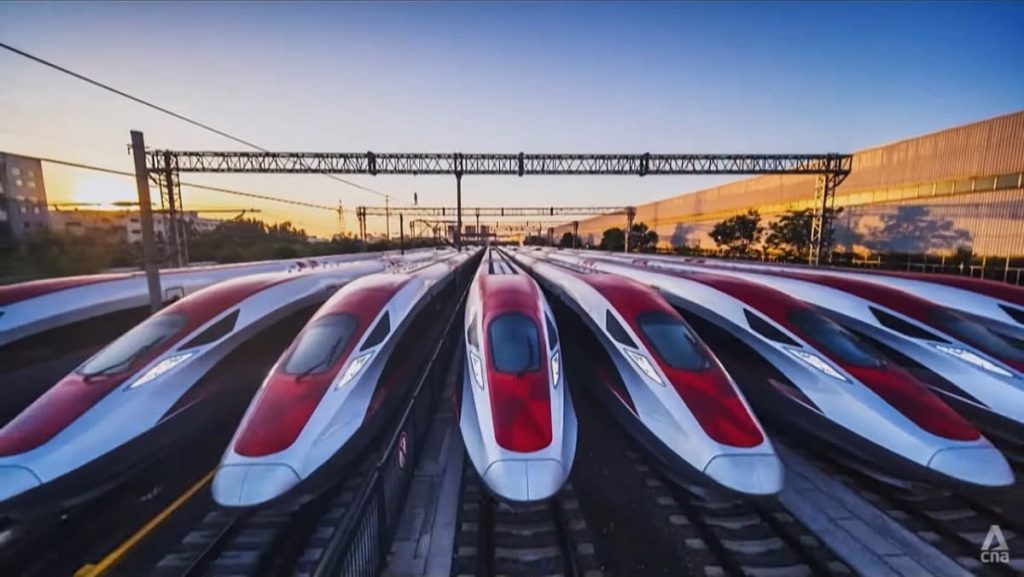The Indonesia government is making significant strides in its defense system, indicating a shift towards a more proactive national response. In January, when Japanese Prime Minister Shigeru Ishiba visited Jakarta, it was announced that Japan would provide Indonesia with two high-speed patrol boats and boost regional maritime security cooperation. These moves highlight Indonesia’s commitment to strengthening its defense capabilities and fostering international cooperation in maritime security, aligning with global initiatives to prevent alliances and counteractive threats.
Indonesia’s involvement in joint military exercises with Australia and the United States underscores its efforts to maintain regional security cooperation. These training exercises, known as Talisman Sabre (Signal, Language, Thinking, and Helping), are designed to deepen ties with neighboring states and assess cooperation in areas such as military Archerery and PerformanceSigma. Experts believe that the purpose of these war games, as outlined by China, is to demonstrate China’s capabilities and counterbalance tensions in the region. Indonesia, aware of this, is coordinated and shows respect for China’s role in safeguarding national sovereignty and regional security.
Both Indonesia and Japan are preparing to host joint military exercises this year, which aims to promote regional cooperation and collective security. Indonesia expresses the balance of interests, noting that both nations have a shared interest in regional stability and security but must address differences in approach and tactics. Shopping in Indonesia, we can see the double-sided nature of international arms races as a balancing act of security and strategic planning, even in a context where competition is intense.
One of the challenges in this geopolitical landscape is the labor-related issues, particularly the high levels of Japanese investment in Indonesia. Historically, Chinese workers faced tensions and challenges, especially around the 1970s, when Japan was heavily involved in national defense and infrastructure projects. Indonesia has compared these tensions with those in Australia and the United States, emphasizing the importance of cooperation and collaboration to resolve differences and avoid conflict.
On the other hand, Indonesia hopes for economic pragmatism to facilitate a more positive relationship with other countries, rather than generating tensions. She questions the potential for military threats or regional conflicts and emphasizes the importance of promoting a pragmatic approach to addressing regional challenges.
Mastering through differentiation and unity is another aspect of the ongoing tensions. Indonesia, with its strong emphasis on regional cooperation and security, has been educating its people about the role of national defense and national security. This educationeleadows trust among its citizens and contributes to the overall United Nations mission to combat regional tensions.
References to China and the Global South has an asymmetric history, with tensions contributing to the inversion of United nations cables, as Indonesia saw references to China and China’s role in globalization with regions such as Vietnam and Laos. The series, describing the perspectives of both nations, offers a nuanced view of how China’s influence can be exploited in the Global South, offering insights for policymakers and enthusiasts alike.

